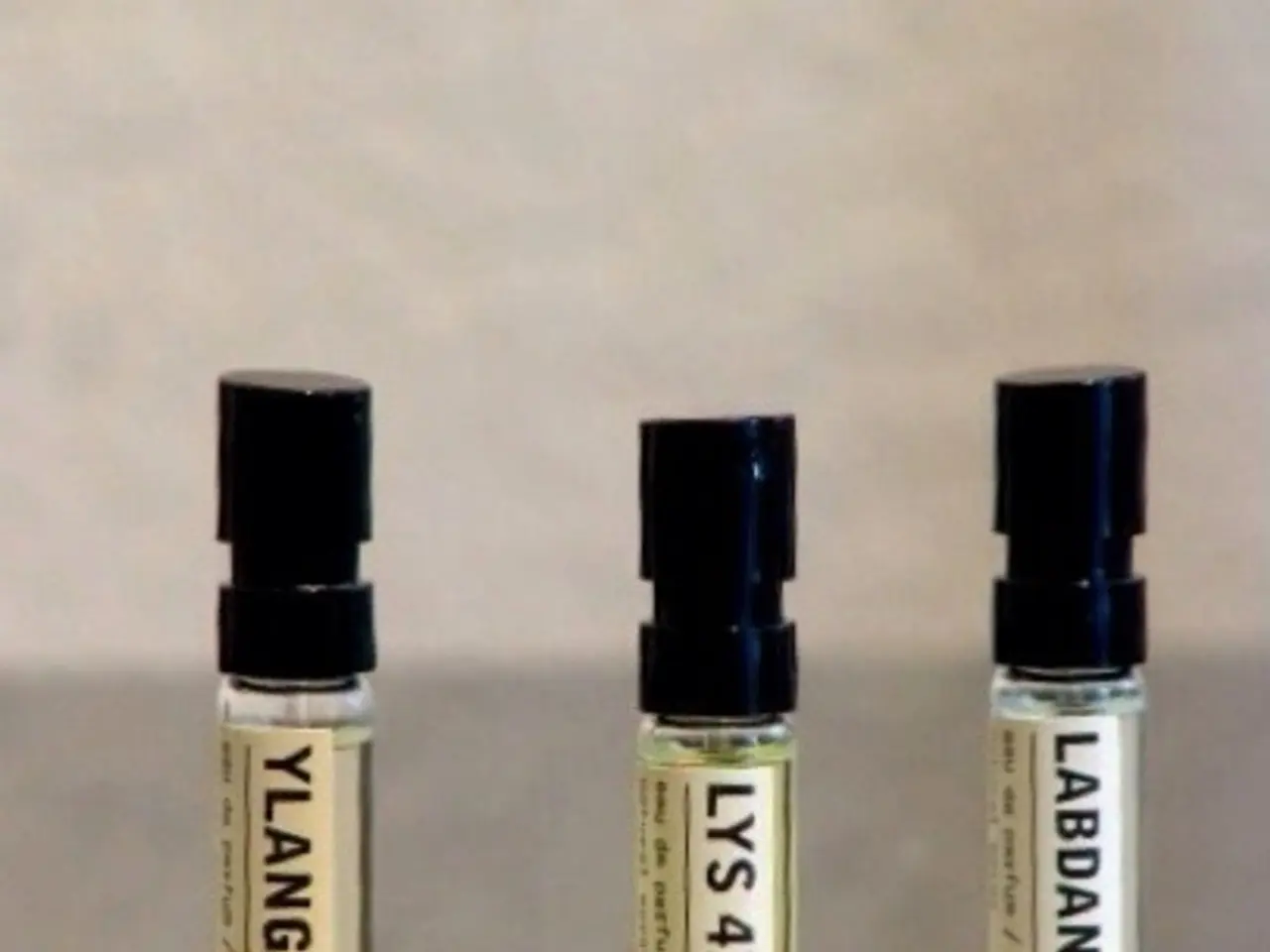Unscented vs Fragrance-Free: Understanding the Distinction
In the realm of personal care and household products, understanding the difference between fragrance-free and unscented options has become increasingly important for health-conscious consumers. This article aims to shed light on these terms, their implications, and the legal context surrounding them.
Fragrance-free products are specifically formulated to contain no added fragrance materials, neither perfumes nor masking scents. Although they may have a natural scent from raw ingredients, no intentional fragrance chemicals are included. These products are generally safer for people with sensitive skin, allergies, or conditions like eczema, since they avoid potential irritants and allergens associated with fragrance chemicals.
On the other hand, unscented products are formulated to have no noticeable scent, but they may contain chemicals that mask or neutralize natural odors. These masking agents themselves are technically fragrances, though not intended to provide a pleasant smell. Unscented products can still trigger allergic or sensitivity reactions because they might contain fragrance chemicals used to cover smells, which some people cannot tolerate.
The legal landscape regarding these terms is not always clear. Both terms are not strictly regulated by laws like the U.S. Federal Food, Drug, and Cosmetic Act, leading to inconsistent use and potential consumer confusion. Health Canada, for instance, acknowledges that "unscented" does not guarantee fragrance-free status, and consumers should carefully examine ingredient lists to avoid hidden fragrance chemicals.
For health-conscious consumers, especially those with allergies or sensitivities, choosing fragrance-free products is a safer option than unscented, despite some natural smells possibly being present. Always check ingredient labels carefully to avoid hidden fragrance chemicals.
When shopping for fragrance-free or unscented products, it's essential to look for "Fragrance-Free" or "No Added Fragrance" on the front and back labels, read the full ingredient list, and check for third-party certifications. Fragranced products can release volatile organic compounds (VOCs) into the air, and prolonged exposure in poorly ventilated spaces can exacerbate risks associated with these substances.
Fragrance sensitivity is common, with studies indicating that approximately 1.9% of the general population has a contact allergy to fragrances in Europe, and 34.7% of adults experience health problems when exposed to fragranced products in the United States. Consumers can contact brands to ask about the composition of their "fragrance" if they are unsure.
In conclusion, the key difference between fragrance-free and unscented lies in their formulation and potential health implications. Fragrance-free products contain no added fragrances, while unscented products may still contain masking agents or neutralizing fragrances to conceal natural odors. Choosing fragrance-free products reduces the risk of irritation, allergic reactions, or eczema flare-ups, especially for people with sensitive or allergy-prone skin.
- In the realm of personal care and household products, health-conscious consumers are increasingly valuing fragrance-free options over unscented ones, as they offer less potential for allergies and irritation.
- Fragrance-free products, unlike unscented ones, are specifically formulated without any added fragrance materials, making them safer for individuals with sensitive skin, allergies, or conditions like eczema.
- Education on the differences between fragrance-free and unscented products has become essential in the realm of education-and-self-development, especially in view of the inconsistent use and potential confusion surrounding these terms.
- The food industry, similarly, is adopting health-and-wellness practices, with some focusing on organic, fragrance-free ingredients to cater to the growing demand for clean-label, allergen-free food.
- In addition, the science community is conducting extensive research on skin-care products and the impact of fragrances on overall health. This research aims to provide consumers with the knowledge necessary for personal-growth and informed decision-making about the products they choose.




